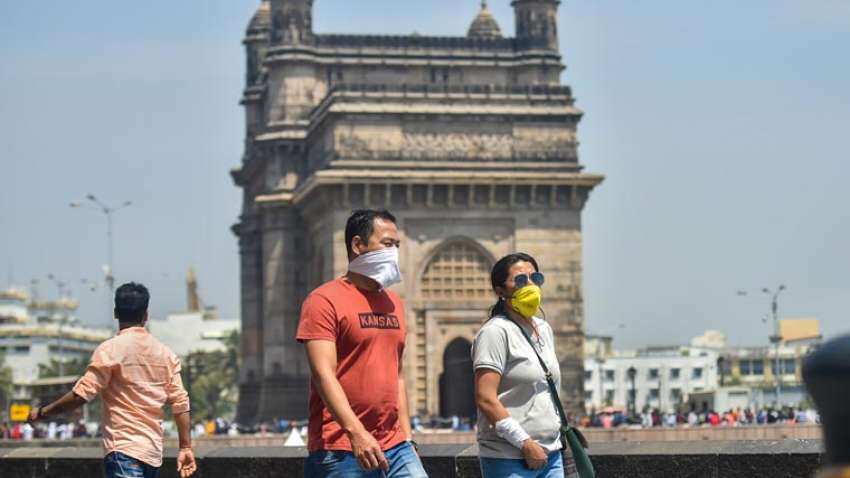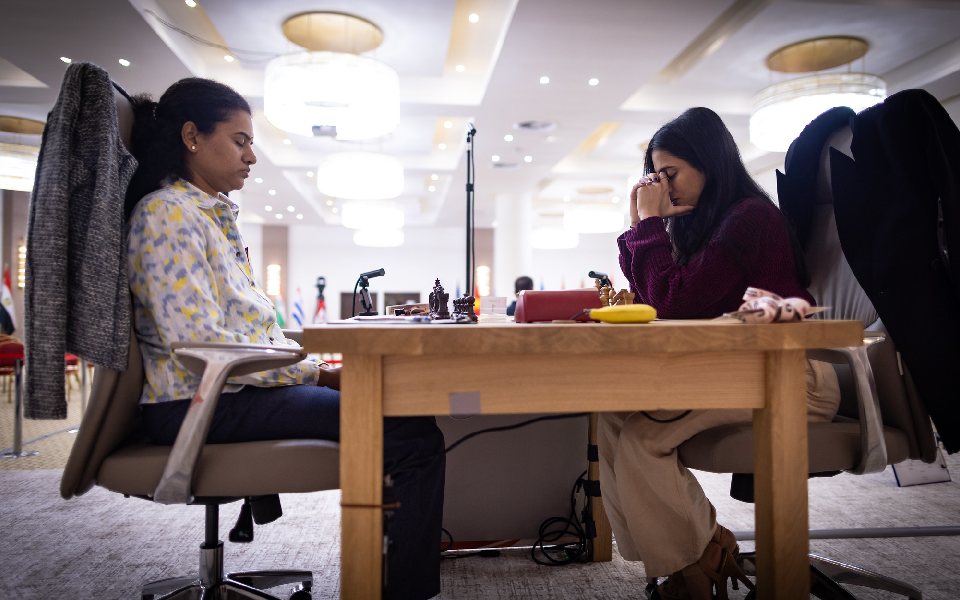Mumbai, Mar 31: After more than two years, all pandemic-related restrictions including the mandatory wearing of masks will be lifted in Maharashtra from April 2, the Maharashtra government announced on Thursday.
'Gudhi Padwa', the Marathi New Year, falls on April 2 this year.
The decision to lift all the restrictions was taken at a cabinet meeting chaired by Chief Minister Uddhav Thackeray, Health Minister Rajesh Tope told reporters here.
From Gudhi Padwa, all COVID-19 related restrictions under the Epidemic Diseases Act and Disaster Management Act will be withdrawn, Tope said, adding that wearing masks would be voluntary.
In a separate statement, chief minister Thackeray cautioned that though the restrictions are going to be lifted, it is advisable to maintain social distancing, wear mask and take anti-coronavirus vaccines.
Tope told reporters that the US, UK and many countries in Europe have lifted restrictions related to mandatory masks. In Maharashtra, it has been made voluntary, he said.
To a question whether the state government was taking a risk by lifting the mask mandate, the health minister said, The chief minister and others (cabinet colleagues) have consulted the State Task Force on COVID-19 and the health department before taking this decision.
Notably, on Wednesday Tope had said that looking at the rise in coronavirus cases in many countries it would not be right to take the risk of doing away with the mask mandate in Maharashtra.
The state government has already eased restrictions on movement and gathering as new cases started declining after the third wave, driven by the Omicron variant of SARS-CoV2, abated by the end of January.
With the lifting of norms, Gudhi Padwa processions can take place without any restrictions this year, Tope said.
According to the health ministry data, India has recorded a total of 4,24,89,004 coronavirus cases so far, of which Maharashtra, a state with a high urban density, saw 77,25,120, the highest in the country.
After Maharashtra, West Bengal too announced the withdrawal of COVID-19 related restrictions on Thursday.
Let the Truth be known. If you read VB and like VB, please be a VB Supporter and Help us deliver the Truth to one and all.
Batumi (Georgia), Jul 26 (PTI): Young Indian International Master Divya Deshmukh held her nerves to hold stalwart Koneru Humpy to a draw in game 1 of the FIDE Women's World Cup final, with both players having their share of opportunities to take the lead here on Saturday.
The draw with black means Humpy, the two-time World Rapid champion, holds a slight edge going in the second and final game under the classical chess rules in the two-game mini-match, and should the deadlock continue, games of shorter duration will be played to determine the winner.
Humpy employed the Queen's gambit accepted as black and it turned out to be a pretty fascinating game right out of the opening as Divya, 19, came up with a piece sacrifice early to deny the black king the right to castle.
Humpy was the first to err and, according to computers, Divya had things under control on the 14th move. However in her bid to recover the extra material, the Nagpur girl, who has secured a place in the Candidates tournament with her sterling performance here, missed a promising continuation.
What followed the exchange of all minor pieces and the ensuing queen and rook endgame gave enough counter play to both players. The game was eventually drawn after Humpy sacrificed her rook to force perpetual checks.
"The game saw an extremely sharp battle with the game ending in a draw in 41 moves. On move 7, Divya made her aggressive intentions clear by offering another pawn,
which looked like home preparation. Humpy made a practical decision of refraining from taking the pawn and a balanced position was reached by move 10 by white," said Grandmaster Pravin Thipsay, an Arjuna awardee and the first Indian to get a chess Grandmaster norm.
"However, instead of developing the undeveloped Knight, Humpy retreated the centralised Knight on move 10, giving huge positional advantage to Divya. Divya could have gained huge positional advantage on the 12th move by moving a rook. However, she chose to play for King side attack by sacrificing a piece instead.
"Humpy, too, erred at this stage and instead of moving the King to Queen side, moved it to the King side. Divya, on move 14, could have obtained a crushing attack by threatening a mate by developing her Queen. Instead she chose to exchange a pair of Bishops first, which enabled Humpy to defend her King by returning the piece," said Thipsay.
"Players thus reached a balanced Queen and two Rooks ending. Divya continued to play ambitiously and tried to attack Humpy’s King but the latter defended accurately and the game was drawn in 41 moves by perpetual check," he added.
In the play-off for the third place, Chinese players Zhongyi Tan, the former women's world champion and top seed Lei Tingjie also decided to split points out of a Queen’s gambit declined game.
The opening raised visions of a close contest between the two but having been knocked out of title race in the previous round, none of them wanted to take any huge risk. It was still a middle game when the players shook hands.
With the top two positions sealed for the Indians, the berth to the next Candidates is also assigned, while the player finishing third will also get an entry to the premier event scheduled for 2026.
Results: Divya Deshmukh (Ind) drew with Koneru Humpy (Ind); Zhongyi Tan (Chn) drew with Tingjie Lei (Chn).





